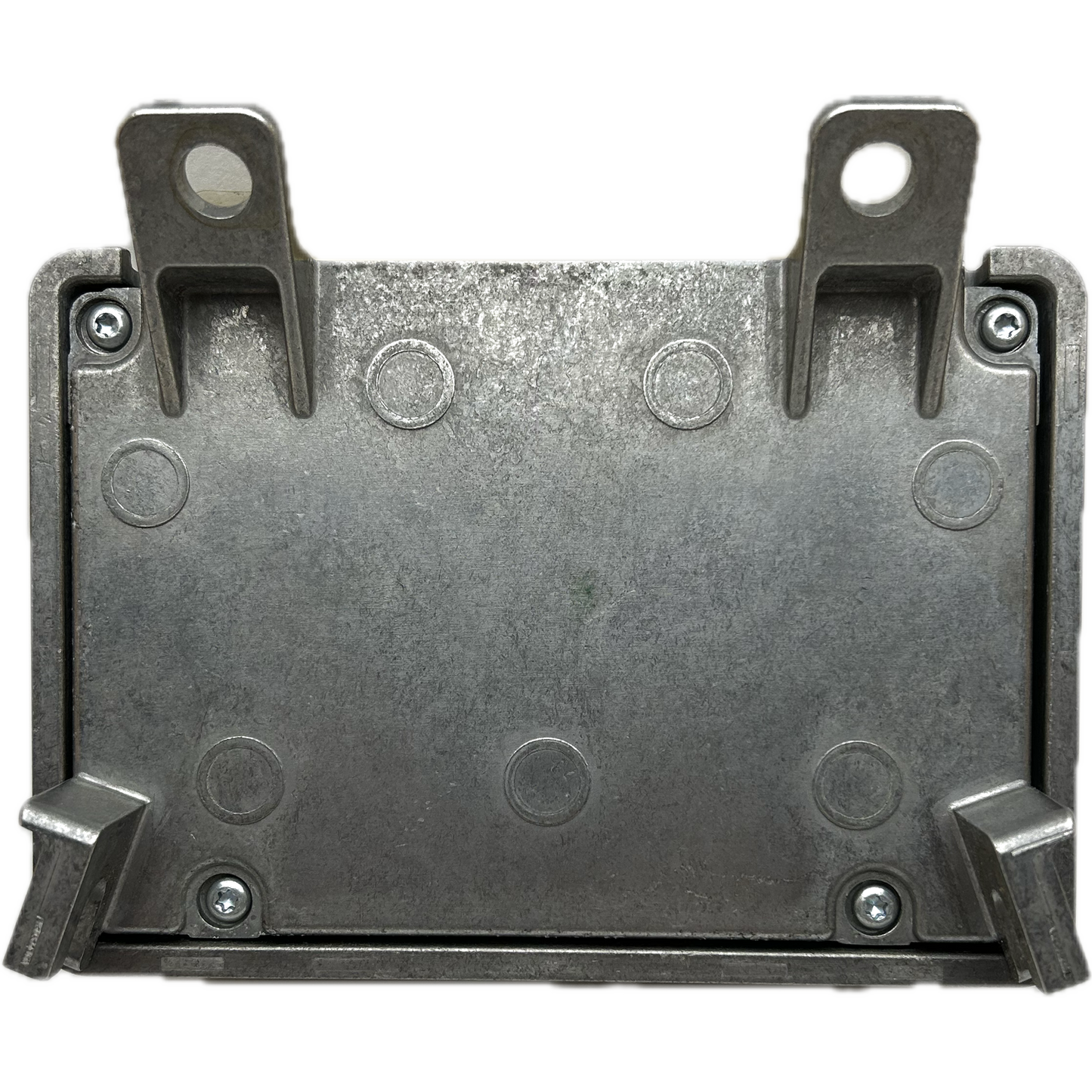Honda Accord 2nd Gen Airbag Control Unit Repair
What is a Honda Accord 2nd Gen airbag control module?
The Honda Accord 2nd Gen airbag control unit is the central safety unit that precisely controls all occupant restraint systems, such as airbags and seatbelt pretensioners, in the event of a collision. It continuously monitors various sensors, stores relevant crash data, and ensures immediate deployment to maximize occupant safety.
This module, often referred to as the SRS control unit, is the brain of your airbag system and is designed for the 1998-2002 Honda Accord 2nd Gen model years. It continuously evaluates data from crash, seat occupancy, and seat belt sensors.
When a collision is detected, the control module initiates airbag deployment and seatbelt pretensioners to protect occupants from injury. A professional **Honda Accord 2nd Gen Airbag Control Module Repair** is essential in the event of a malfunction.
Why is the Honda Accord 2nd Gen airbag control unit defective?
A Honda Accord 2nd Gen airbag control unit often malfunctions because it stores crash data after an accident, preventing further operation. Internal electronic errors, communication problems with other vehicle systems, or electrical failure can also lead to a loss of function, making a specialized **Honda Accord 2nd Gen airbag control unit repair** unavoidable.
Because the module stores irreversible crash data after an impact, it signals a system failure and must be repaired or replaced. This is a safety feature to prevent the reuse of a potentially compromised module.
Internal electronic component failure or power supply issues can also be the cause of a defect. Such error codes indicate a malfunction within the control unit that requires professional diagnosis and repair.
Communication errors with other vehicle control units or the connected sensors can also disable the airbag control unit. In such cases, the airbag warning light illuminates to alert the driver of the **failure** and prompt immediate **workshop** inspection.
Common error codes for Honda Accord 2nd Gen airbag control unit repair
Typical trouble codes that indicate a fault in the Honda Accord 2nd Gen airbag control module include communication errors like B1000, internal circuit errors like 2-1 with open lines, and specific passenger airbag indicator malfunctions like B00D5-14, which require immediate **Honda Accord 2nd Gen airbag control module repair**.
- B1000 → Control unit communication error → The airbag control unit cannot communicate correctly with other vehicle systems.
- 2-1 → Open Circuit Passenger Airbag → An electrical fault indicating an open circuit in the passenger airbag circuit.
- B00D5-14 → Airbag control unit error, front passenger airbag deactivation indicator (open/short circuit) → A malfunction in the front passenger airbag indicator, reported directly by the control unit.
These **errors** directly indicate a problem with the airbag ECU and require specialized **repair** or replacement of the module. A correct **diagnosis** is crucial to identifying and correcting the exact cause.
What part numbers are available for the Honda Accord 2nd Gen airbag control unit repair?
For the **Honda Accord 2nd Gen Airbag Control Unit Repair**, specific OEM part numbers are essential to ensure compatibility with model years 1998-2002. These original Honda or Siemens numbers ensure that the replacement part fits your vehicle exactly and that all safety functions are fully restored.
It is crucial to verify the exact OEM part number of your existing airbag control unit to ensure 100% compatibility. This is the first step before any repair or replacement.
The following OEM part numbers are verified for the airbag control unit of the 2nd generation Honda Accord (approx. 1998-2002) and are an exact match to the series.
- 77960-S82-A110-M1 (Honda/Siemens original)
- 77960-SEA-G815-M1 (Honda Original)
- 77960-SEG-G821-M1 (Honda Original)
These numbers have been verified multiple times by trusted sources and professional repair services. A correct part number is crucial for functionality after the **Honda Accord 2nd Gen Airbag Control Unit Repair**.
- Choosing a selection results in a full page refresh.
- Opens in a new window.






